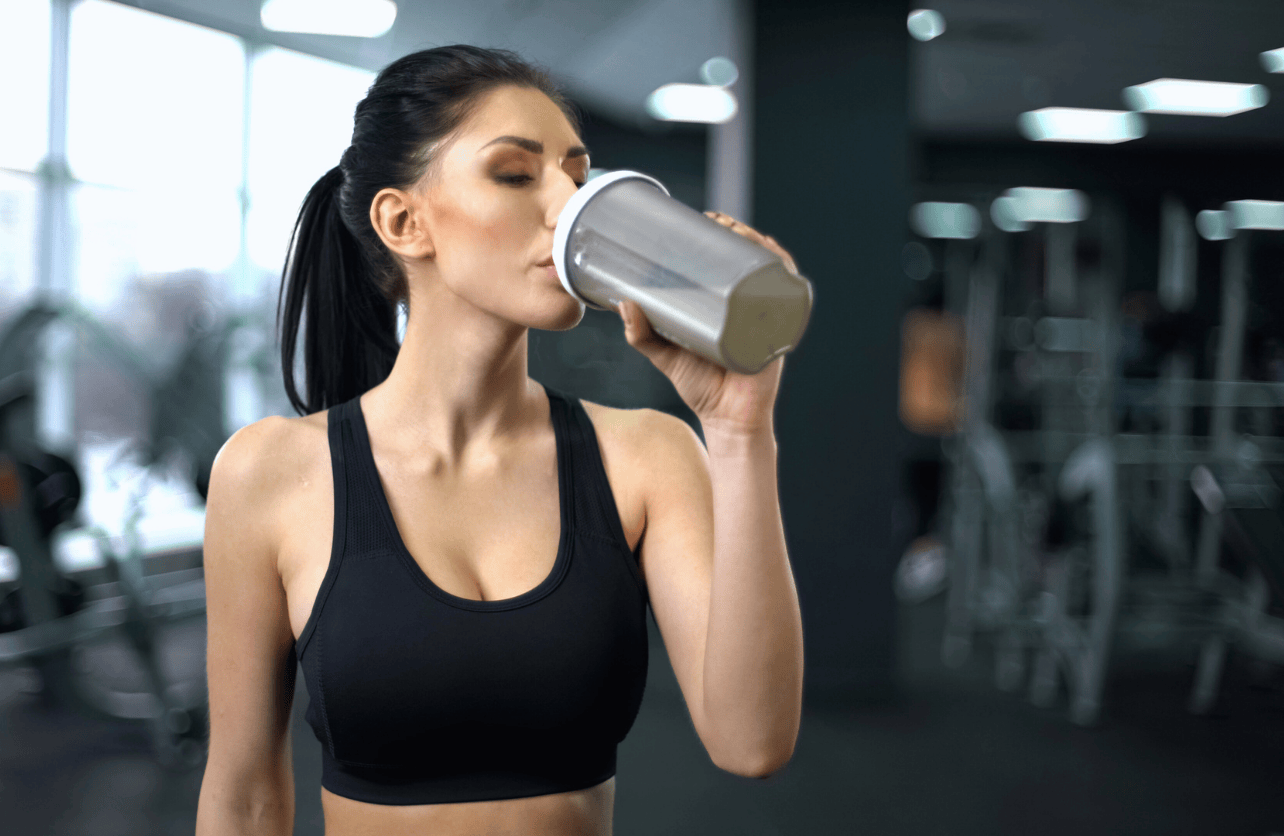Does Intra-Workout Nutrition Help Reduce Muscle Soreness?

Delayed-onset muscle soreness (DOMS) is a common experience for anyone engaging in strenuous or unfamiliar exercise. Typically peaking between 24 and 72 hours after a workout, DOMS results from microscopic muscle fiber damage and the inflammatory response that follows. While stretching, foam rolling, and rest are often recommended for recovery, many athletes and fitness enthusiasts wonder if consuming specific nutrients during their workout could help minimize soreness.
Intra-workout nutrition—focusing on amino acids, electrolytes, and hydration—has gained attention as a potential way to support muscle recovery and reduce post-exercise discomfort. But does it really work? Let’s take a closer look.
Amino Acids and Muscle Recovery
Amino acids, particularly branched-chain amino acids (BCAAs), are essential for muscle protein synthesis and may help reduce muscle damage. The three key BCAAs—leucine, isoleucine, and valine—play a critical role in muscle repair, reducing fatigue, and decreasing muscle breakdown during exercise.
Several studies suggest that consuming BCAAs during a workout may lower levels of muscle damage markers such as creatine kinase and lactate dehydrogenase, both of which contribute to soreness. Additionally, isoleucine has been linked to reduced muscle fatigue and enhanced exercise recovery. While BCAAs alone won’t completely prevent DOMS, they can help mitigate its severity when taken consistently during training sessions.
Electrolytes and Hydration
Proper hydration is essential for muscle function, and electrolyte imbalances can lead to increased muscle fatigue and cramping, potentially worsening post-workout soreness. Sodium, potassium, and magnesium play crucial roles in muscle contraction and nerve signaling, and losing too many electrolytes through sweat can contribute to muscle stiffness and delayed recovery.
While electrolyte consumption during exercise may not directly reduce DOMS, it helps maintain optimal muscle function and reduces the risk of dehydration-related soreness. Drinking fluids with added electrolytes—such as coconut water or sports drinks—can aid in maintaining muscle hydration and may contribute to overall recovery.
The Role of Intra-Workout Carbohydrates
Carbohydrates are often overlooked in the discussion about muscle soreness, but they play an essential role in preserving muscle glycogen stores and preventing excessive muscle breakdown. Consuming fast-digesting carbohydrates during exercise helps sustain energy levels, reducing the overall strain on muscles and potentially limiting the extent of muscle fiber damage.
While research is still inconclusive on whether intra-workout carbohydrates specifically reduce DOMS, their ability to maintain workout intensity and prevent excessive muscle fatigue may indirectly contribute to a less severe soreness response.
Best Intra-Workout Nutrition Strategies to Reduce Muscle Soreness
While no single approach can completely eliminate DOMS, incorporating the right nutrients during a workout may help lessen its impact. Here are some practical strategies:
- Consume BCAAs or essential amino acids (EAAs) – Adding 5–10 grams of BCAAs to your intra-workout drink can help reduce muscle protein breakdown and promote faster recovery.
- Stay hydrated – Drink at least 8–16 ounces of water per hour of exercise to prevent dehydration and maintain muscle function.
- Replenish electrolytes – If training for long durations or in hot environments, include a sports drink or electrolyte tablet to restore sodium, potassium, and magnesium levels.
- Incorporate intra-workout carbohydrates – For longer workouts, consuming 20–40 grams of simple carbohydrates can help preserve glycogen stores and reduce muscle fatigue.
The Bottom Line: Can Intra-Workout Nutrition Reduce Muscle Soreness?
While intra-workout nutrition alone won’t eliminate DOMS, consuming BCAAs, electrolytes, and carbohydrates during exercise may help reduce the severity of soreness by supporting muscle repair, hydration, and energy levels. These strategies work best when combined with proper warm-ups, post-workout recovery techniques, and adequate rest.
For those frequently dealing with intense muscle soreness, experimenting with intra-workout nutrition could be a valuable tool to enhance recovery and maintain workout consistency. As always, individual responses vary, so tracking how your body reacts to these strategies can help fine-tune your approach.
Building a Stronger You
Supplement Institute is the fruit of extensive online publishing experience, spanning the breadth of SEO strategies to the nuances of paid advertisements. Our journey, marked by significant achievements and learning moments, inspires our core mission: to empower our readers with an abundance of information. By sharing insights and key learnings, we aim to provide you with the knowledge needed to navigate the complex world of supplements, helping you make well-informed decisions for your health and well-being. Welcome to Supplement Institute, where information is your greatest supplement.